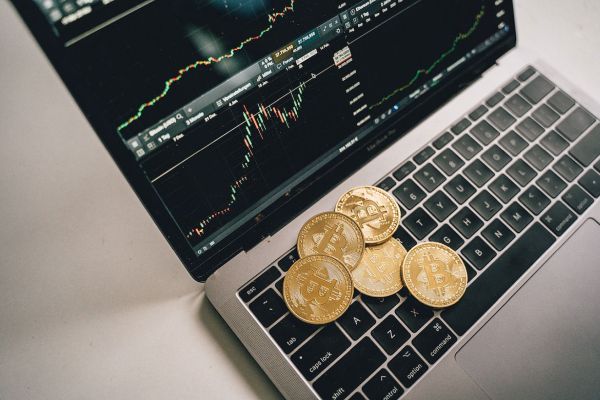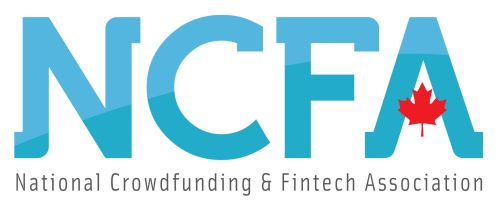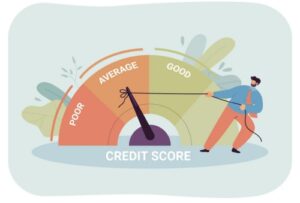GST | Jan 12, 2023
 In February 2022, Canada’s Department of Finance released draft GST/HST legislation covering cryptocurrency mining. The proposed rules will effectively treat cryptocurrency mining as an exempt supply
In February 2022, Canada’s Department of Finance released draft GST/HST legislation covering cryptocurrency mining. The proposed rules will effectively treat cryptocurrency mining as an exempt supply
- These proposals have not yet taken effect. According to the Department of Finance, if the legislation is passed, these tax rules will retroactively come into force as of February 5, 2022.
See: Canada: Release Of Draft Tax Legislation For Consultation including GST/HST for Crypto Mining
- Section 188.2 deems the provision of “mining activity” to not be a supply for GST/HST purposes. Under the proposed legislation, mining activity covers three pursuits:
- Cryptocurrency mining: The process by which new cryptocurrency transactions are verified and recorded as a new block on the cryptocurrency network’s blockchain.
- Cryptocurrency nodes: The process of maintaining a cryptocurrency network’s blockchain and allowing access to the blockchain ledger.
- Pool mining: The pooling of computer resources by cryptocurrency miners so that they may increase their chances of being the first to validate a transaction. (Cryptocurrency mining occurs on a competitive basis. A mining reward is credited to the miner who validates the transaction first.)
- Cryptocurrency miners need not collect and remit GST/HST on the miner’s compensation from mining, but the crypto miner also cannot claim input tax credits (or ITCs) for the expenses relating to the cryptocurrency-mining operation.
See: Canadian Bitcoin Mining 2022 Recap and Outlook
- Exemption: The proposed rules for cryptocurrency mining tax in Canada contain an exception: They don’t apply when a person performs the cryptocurrency-mining activity for another person whose identity is known to the first person and who doesn’t qualify as a “mining group operator,” which basically refers to a coordinator of a mining pool. In these limited circumstances—when someone mines cryptocurrency for a known person who doesn’t coordinate a mining pool— section 188.2 doesn’t apply, and cryptocurrency miner may need to charge GST/HST on that supply of mining services.
Continue to the full article --> here
 The National Crowdfunding & Fintech Association (NCFA Canada) is a financial innovation ecosystem that provides education, market intelligence, industry stewardship, networking and funding opportunities and services to thousands of community members and works closely with industry, government, partners and affiliates to create a vibrant and innovative fintech and funding industry in Canada. Decentralized and distributed, NCFA is engaged with global stakeholders and helps incubate projects and investment in fintech, alternative finance, crowdfunding, peer-to-peer finance, payments, digital assets and tokens, blockchain, cryptocurrency, regtech, and insurtech sectors. Join Canada's Fintech & Funding Community today FREE! Or become a contributing member and get perks. For more information, please visit: www.ncfacanada.org
The National Crowdfunding & Fintech Association (NCFA Canada) is a financial innovation ecosystem that provides education, market intelligence, industry stewardship, networking and funding opportunities and services to thousands of community members and works closely with industry, government, partners and affiliates to create a vibrant and innovative fintech and funding industry in Canada. Decentralized and distributed, NCFA is engaged with global stakeholders and helps incubate projects and investment in fintech, alternative finance, crowdfunding, peer-to-peer finance, payments, digital assets and tokens, blockchain, cryptocurrency, regtech, and insurtech sectors. Join Canada's Fintech & Funding Community today FREE! Or become a contributing member and get perks. For more information, please visit: www.ncfacanada.org
Related Posts
- SEO Powered Content & PR Distribution. Get Amplified Today.
- Platoblockchain. Web3 Metaverse Intelligence. Knowledge Amplified. Access Here.
- Source: https://ncfacanada.org/proposed-changes-to-crypto-mining-gst-hst-rules-whats-capture-and-whats-not/
- 2018
- 2022
- a
- access
- According
- activity
- affiliates
- Allowing
- alternative
- and
- Another
- Apply
- article
- Assets
- Basically
- basis
- become
- being
- Bitcoin
- Bitcoin mining
- Block
- blockchain
- cache
- Canada
- Canadian
- capture
- chances
- Changes
- charge
- claim
- closely
- collect
- come
- community
- Compensation
- competitive
- computer
- coordinate
- Coordinator
- covering
- covers
- create
- Crowdfunding
- crypto
- crypto miner
- crypto mining
- cryptocurrency
- cryptocurrency miners
- Cryptocurrency Mining
- decentralized
- Department
- digital
- Digital Assets
- distributed
- Doesn’t
- Dont
- draft
- ecosystem
- Education
- effect
- effectively
- engaged
- Ether (ETH)
- exception
- exempt
- expenses
- finance
- financial
- fintech
- First
- Force
- from
- full
- funding
- get
- Global
- Government
- Group
- helps
- HTTPS
- Identity
- in
- Including
- Increase
- industry
- information
- Innovation
- innovative
- input
- Insurtech
- Intelligence
- investment
- Jan
- known
- Ledger
- Legislation
- Limited
- Market
- max-width
- member
- Members
- miner
- Miners
- mines
- Mining
- mining pool
- more
- Need
- networking
- New
- new cryptocurrency
- nodes
- operation
- operator
- opportunities
- Outlook
- partners
- passed
- payments
- peer to peer
- performs
- perks
- person
- plato
- Plato Data Intelligence
- PlatoData
- please
- pool
- process
- projects
- Proposals
- proposed
- provides
- provision
- purposes
- qualify
- recap
- recorded
- refers
- Regtech
- release
- released
- Resources
- Reward
- rules
- Section
- Sectors
- Services
- So
- Someone
- stakeholders
- Stewardship
- supply
- tax
- Taxes
- The
- their
- thousands
- three
- to
- today
- Tokens
- transaction
- Transactions
- treat
- under
- VALIDATE
- verified
- vibrant
- which
- WHO
- will
- works
- zephyrnet












